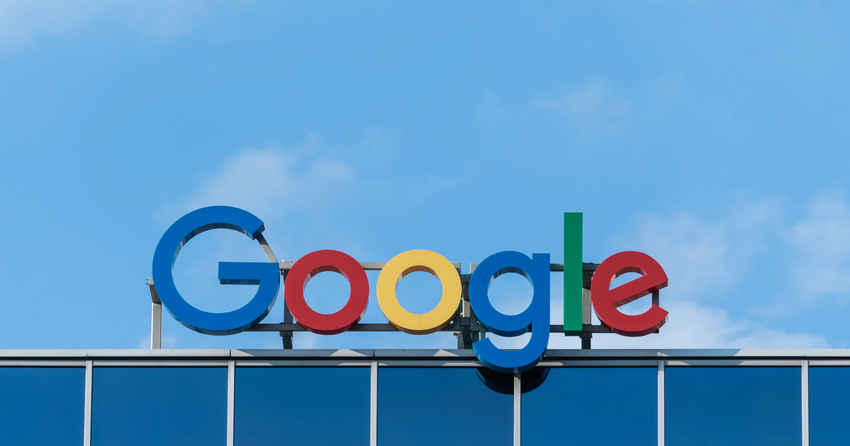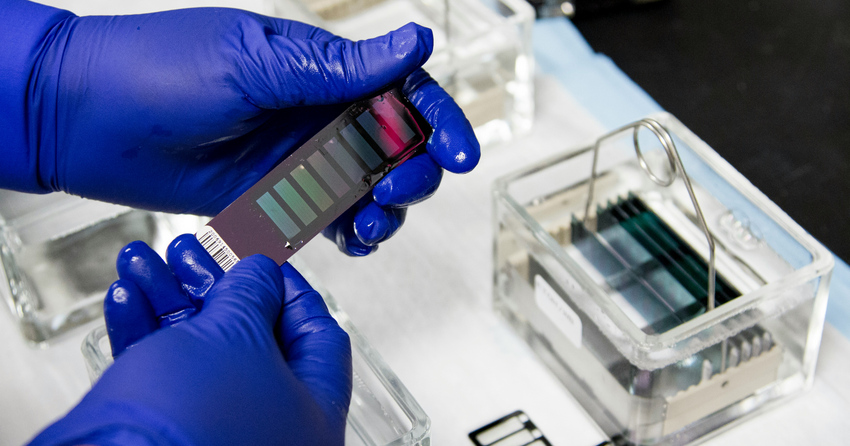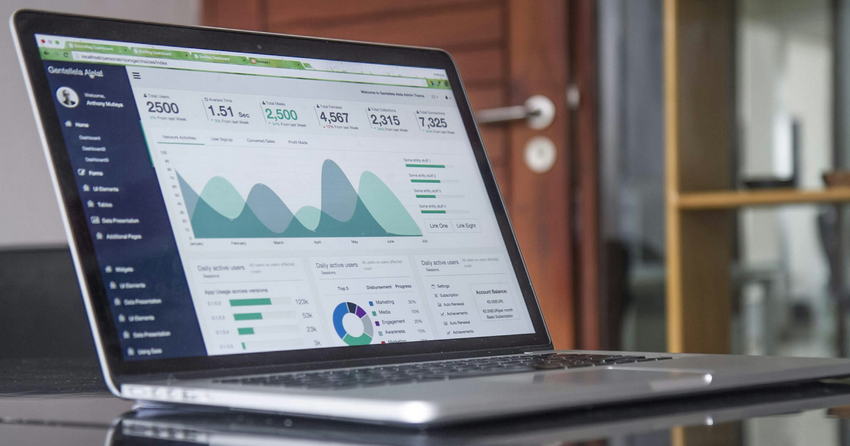
AI Boom Can Both Help & Hinder 2050 Decarbonization Goals
Accenture published its fourth “Destination Net Zero” report. The report, which analyzes net zero commitments, carbon reduction efforts, and emissions data for the 2,000 biggest companies worldwide, found that while companies are progressing toward net-zero goals, they are not moving fast enough to reach global climate targets. “AI can help,” Accenture says, but it could also be a threat.
Since the 2016 Paris Agreement, 55% of companies have cut operational emissions, and 77% have reduced emissions intensity, showing modest year-over-year increases. However, only 16% are on track for 2050 net zero goals, down 18% from 2023. Meanwhile, 45% of companies are increasing emissions, and 39% are reducing emissions but remain off track.
European companies are leading the decarbonization momentum, with 21% on track to reach net zero commitments by 2050, compared to only 11% of companies located in Asia Pacific. Furthermore, 64% of European companies have full Scope 1-3 targets, compared to only 26% of North American companies.
Among different industries, banking companies stand on top of decarbonization efforts, with 54% having full Scope 1-3 targets, compared to only 20% of health companies.
The report also found that lever adoption is rising and becoming a standard business practice among the 2,000 biggest companies worldwide. Communications and media companies have the highest average of lever deployments (13.7), while the health sector is, once again, lagging behind the most, with only 6.3 levers deployed on average.
While net-zero target-setting has grown by 10% since 2021 (the first year of Accenture’s study), this year’s rates are stuck at 37%, with only a 0,3% increase from last year.
In addition to using basic decarbonization strategies, “to truly accelerate decarbonization, companies must embrace next-generation levers, particularly emerging technologies with transformative potential,” Accenture emphasizes.
The company says AI could help companies decarbonize faster. On the other hand, AI could undermine emission reductions and hinder 2050 decarbonization goals if companies fail to leverage “its potential as a ‘super-lever’ for decarbonization.” Accenture warns: “AI data centers are projected to generate 718 million tons of CO2 emissions by 2030 – comparable to the present-day emissions of the aviation or shipping industries.”
Only 14% of the biggest companies worldwide use AI to bolster their decarbonization efforts. Accenture urges for greater AI adoption and “harnessing AI for real-time energy management and operational efficiency.”













